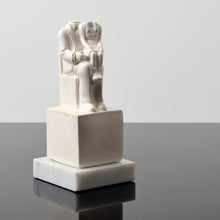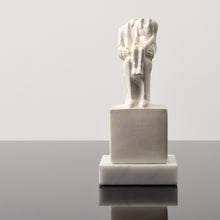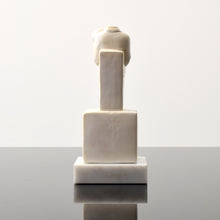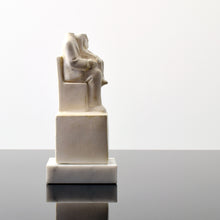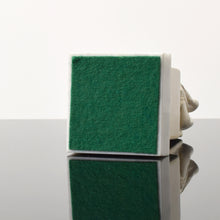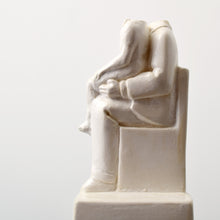
Tom Otterness (b.1952-)
Father and Daughter, 1979
Cast Hydrocal on Marble base
6.75h x 3w x 3d inches
Edition number 59 of 250
Otterness is described as “the world’s best public sculptor” by New York Times art critic, Ken Johnson, Otterness' works are easily recognizable for its unique, cheerful and cartoonish figures, that are used to address issues of gender, class and race.
Otterness is represented by many important contemporary art galleries, and was elected a member of the National Academy in 1994. His works are included in the collections of the Museum of Modern Art, the Whitney Museum of American Art, the Guggenheim Museum, the Eli Broad Family Foundation, the Brooklyn Museum, the San Francisco Museum of Modern Art, the Carnegie Museum, the Museo Tamayo in Mexico City, the Israel Museum in Jerusalem, and others.






